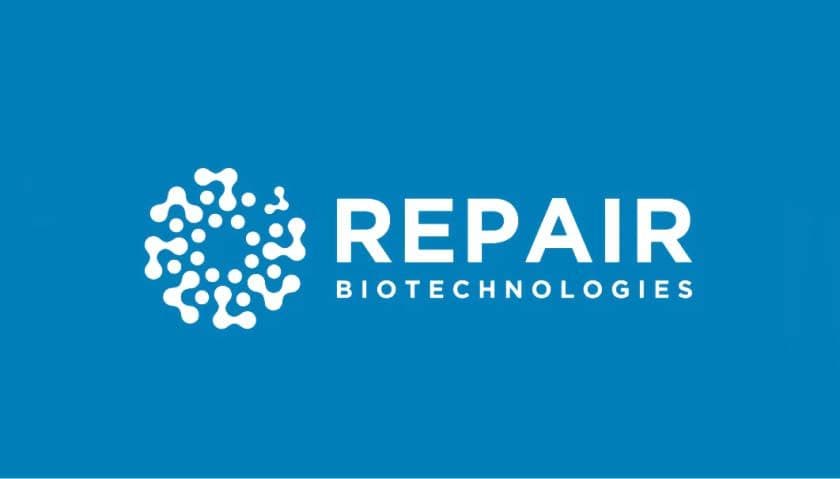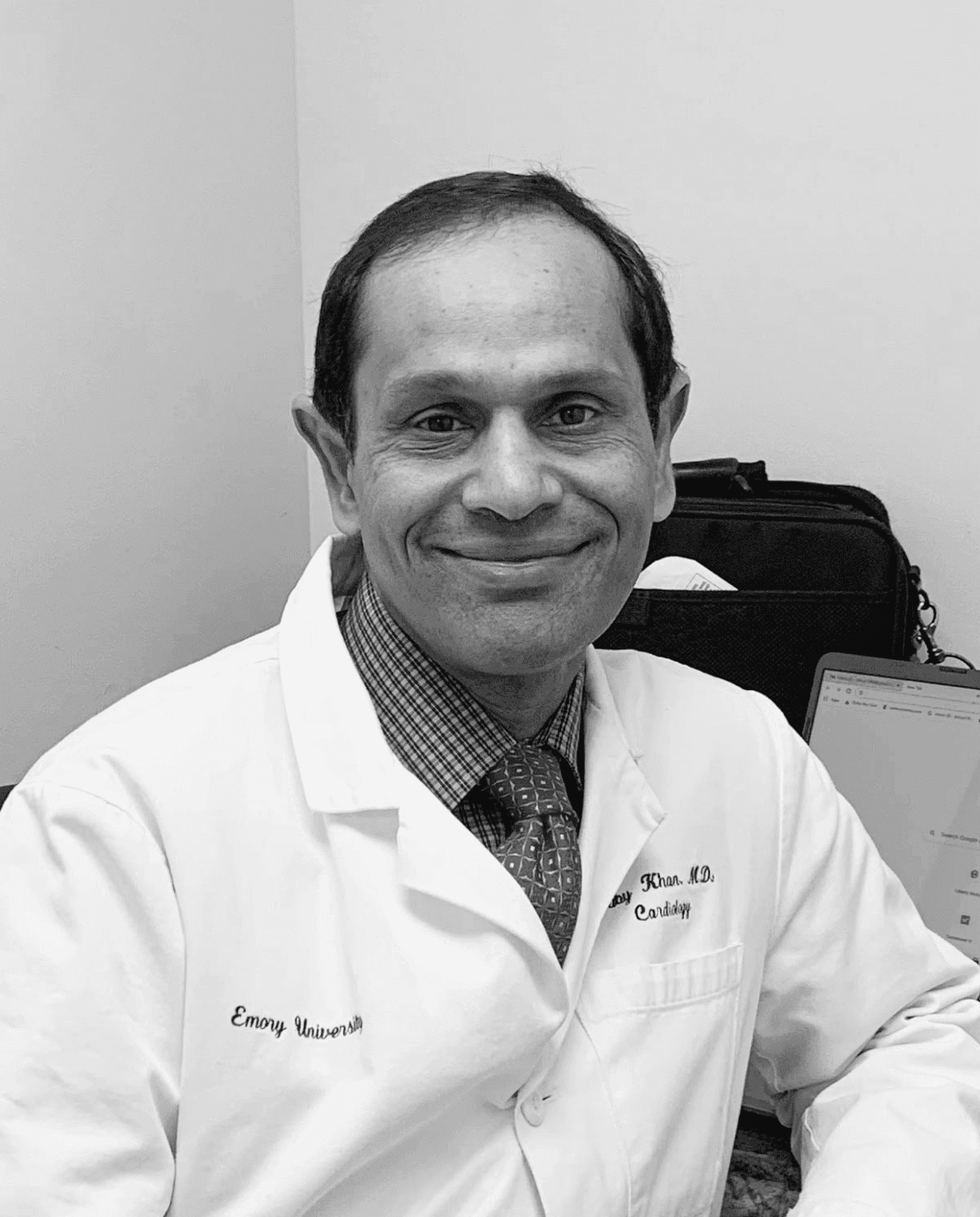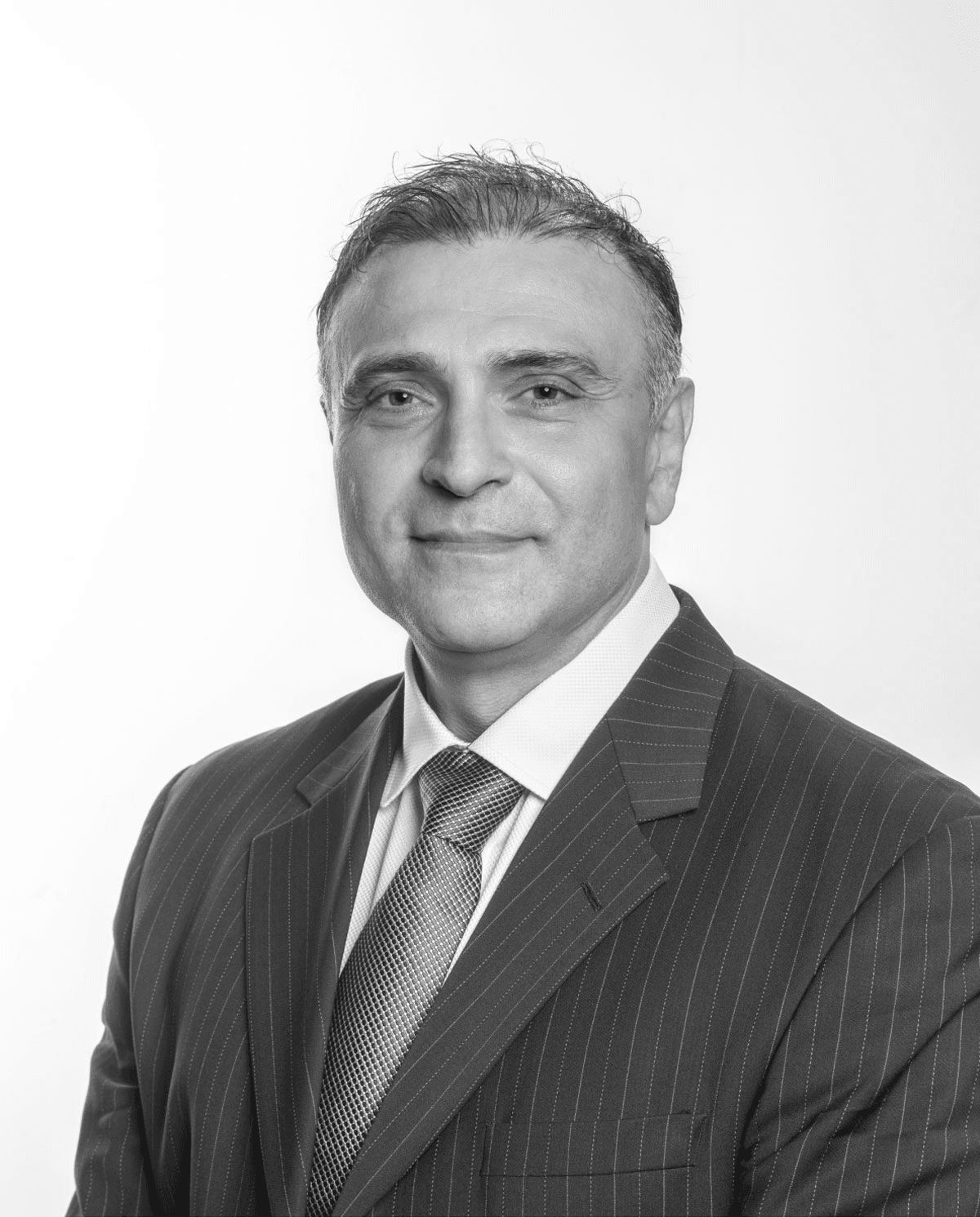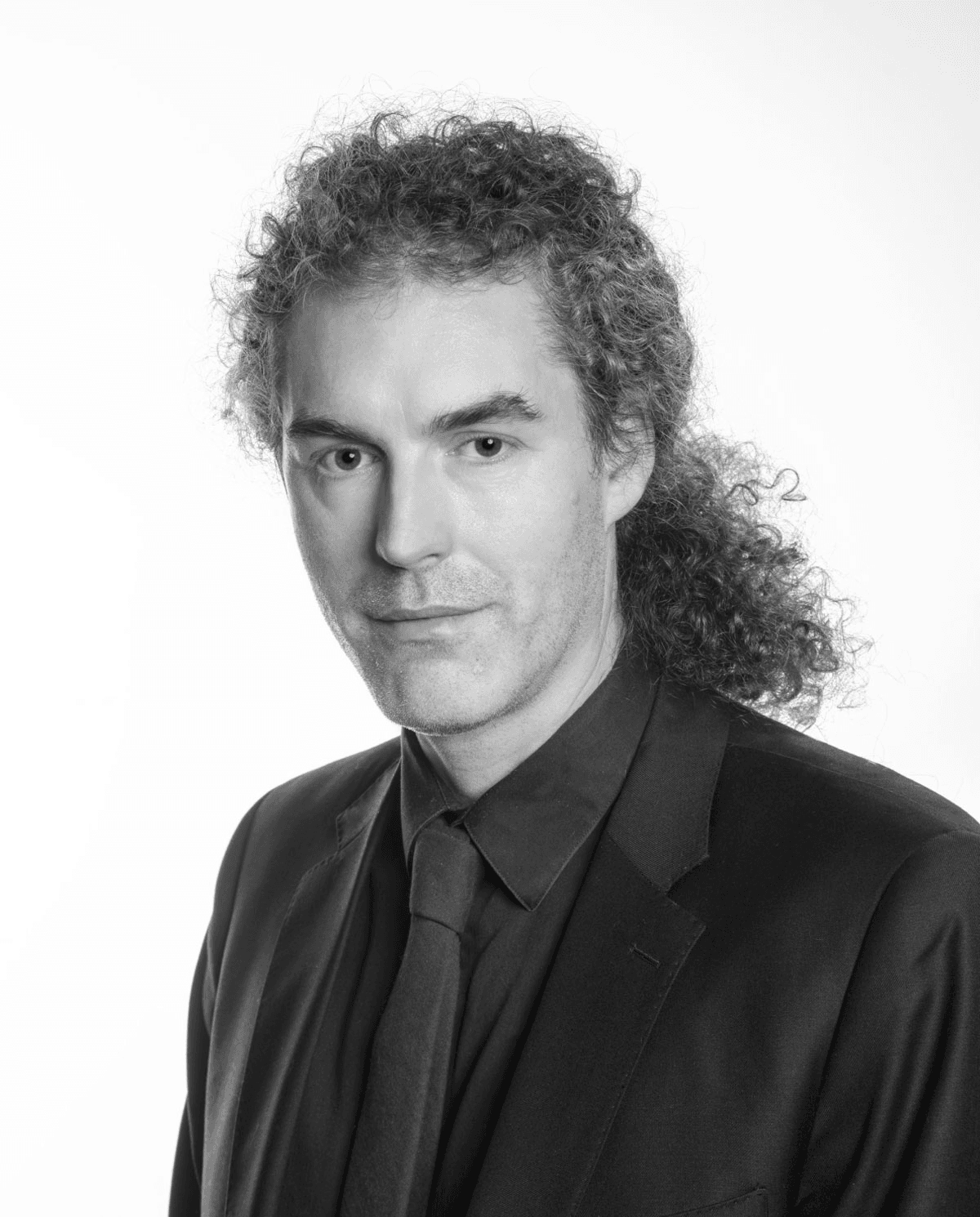
EQUITY
A VITADAO PROJECT
Repair Biotechnologies - First-in-class Cell Therapy for Atherosclerosis
Funding
$50,000
Initiated
28.06.2022

Bobby Khan, MD, PhD
Chief Medical Officer

Mourad Topors, PhD
Chief Scientific Officer

Reason
CEO and cofounder
AT A GLANCE
Stage: Preclinical development
Area: Cell therapy
Status: Ongoing
Patent Status: Main patent secured and licensed, more patents filed and in progress
PROJECT LINKS

Funding
$50,000
Initiated
28.06.2022

Bobby Khan, MD, PhD
Chief Medical Officer

Mourad Topors, PhD
Chief Scientific Officer

Reason
CEO and cofounder
AT A GLANCE
Stage: Preclinical development
Area: Cell therapy
Status: Ongoing
Patent Status: Main patent secured and licensed, more patents filed and in progress
PROJECT LINKS
Repair Biotechnologies is a preclinical-stage biotech company developing a first-in-class universal cell therapy for atherosclerosis. It aims to reduce the risk of cardiovascular events, such as heart attack and stroke.
Background
Atherosclerosis is the main cause of cardiovascular disease (CVD), an age-related disease ranking as the number 1 killer in the world, responsible for a quarter of all deaths according to recent World Health Organization data. In atherosclerosis, plaques that are mainly made up of cholesterol build up over time in the walls of arteries, restricting or even blocking the flow of oxygen-rich blood to organs and other parts of the body. In arteries, cholesterol is carried by low-density lipoproteins or LDLs. In young individuals, macrophages help clear excess LDL cholesterol from artery walls, but with aging, they become overwhelmed and ineffective.
To date, no therapy can reduce plaque size. Current medical treatments for atherosclerosis, like statins, which are inhibitors of cholesterol production, can only slow its accumulation in plaques. Statins do reduce cardiovascular events by about 25%, which is already a huge achievement, but do not cure atherosclerosis.
Aims, Hypothesis & Results
Repair Bio aims to solve macrophage dysfunction with their “Cholesterol-Degrading Platform” (CDP), a novel allogeneic cell therapy. Concretely, the idea is to produce macrophage cells engineered to have better LDL disposal capabilities and deliver them to patients.
Repair manufactures these enhanced macrophages in a series of steps (see figure below):
- First they obtain induced pluripotent stem cells (iPSC, a cell that can be converted into any other type of cell) from healthy donors
- Then they modify these cells so that they are not recognized and attacked as foreign by patients’ immune systems, in other words, they make them universal
- At this point they add proprietary genetic instructions for the cells to produce an LDL-degrading protein in a tightly controlled way, to avoid tampering with the cholesterol normally required by cell membranes
- Finally, they convert the cells into macrophages
In-vitro tests of these enhanced macrophages have shown that they can break down excess ingested cholesterol into safe catabolites. Encouraging results were also obtained in vivo in a strain of mice used for studying cardiovascular disease: in this proof of concept (POC) study, mice on a high-fat diet were treated with a gene therapy implementation of Repair’s approach. The treated mice exhibited a rapid halving of atherosclerotic plaque lipids, an outcome needing only a one-month period following a single treatment, with no identified side effects.
Timeline
By the end of 2023, Repair Bio expects to complete preclinical studies for their Cholesterol-Degrading Platform (CDP) therapy.
Mid-2024 is slated for the launch of clinical trials, which will commence with IND enabling.
GMP manufacturing will begin in early 2024, while Phase 1/2a is projected to conclude by the end of 2024.
Preclinical and clinical studies, GMP manufacturing, and Phase 1/2a
Required Funding: $50,000
Duration: 24 months
VitaDAO Board Evaluation Writeup
Repair Bio is targeting the deadliest aging-related diseases and a multi-billion dollar market. They have encouraging results of human in-vitro and mice in-vivo proofs of concept, as well as comprehensive and recent intellectual property protection. The effort is led by a solid team with drug development and clinical trial knowledge. There were some risks considered such as early stage approval of iPSC-based therapy, potential side effects of allogeneic cell therapy, and complex manufacturing process.
Latest Project Updates
19 May
2025
Repair Biotechnologies receives Orphan Drug Designation
Repair Biotechnologies received Orphan Drug Designation from the FDA to its drug REP-0003 for the treatment of Homozygous Familial Hypercholesterolemia, a rare condition of accelerated atherosclerosis.
21 January
2025
Positive Pre-IND Meeting with FDA
The company is pleased to announce that it has received positive feedback from a Pre-IND meeting with the U.S. Food and Drug Administration (FDA), an important step forward towards opening an IND to conduct a Phase 1b study of its REP-0003 mRNA therapy in patients with homozygous familial hypercholesterolemia (HoFH), a rare condition of accelerated atherosclerosis.
5 September
2024
Oversubscribed $3.2 Million Seed Financing
The company announced the first closing of an oversubscribed US$3.2 (CA$4.3) million seed round. The financing was led by SeedFolio, FACIT, and Toronto Innovation Acceleration Partners (“TIAP”), with participation from Eos Bioinnovation (“Eos”), Ontario Centre of Innovation (“OCI”), and other investors. Proceeds from this financing will support the company’s progress towards preclinical development candidate nomination and further advancement of its pipeline programs.
19 September
2023
Disease reversal observed!
Repair Bio have made significant RnD progress with promising results showing reversal of atherosclerosis in animal models.
28 June
2022
Project Initiated